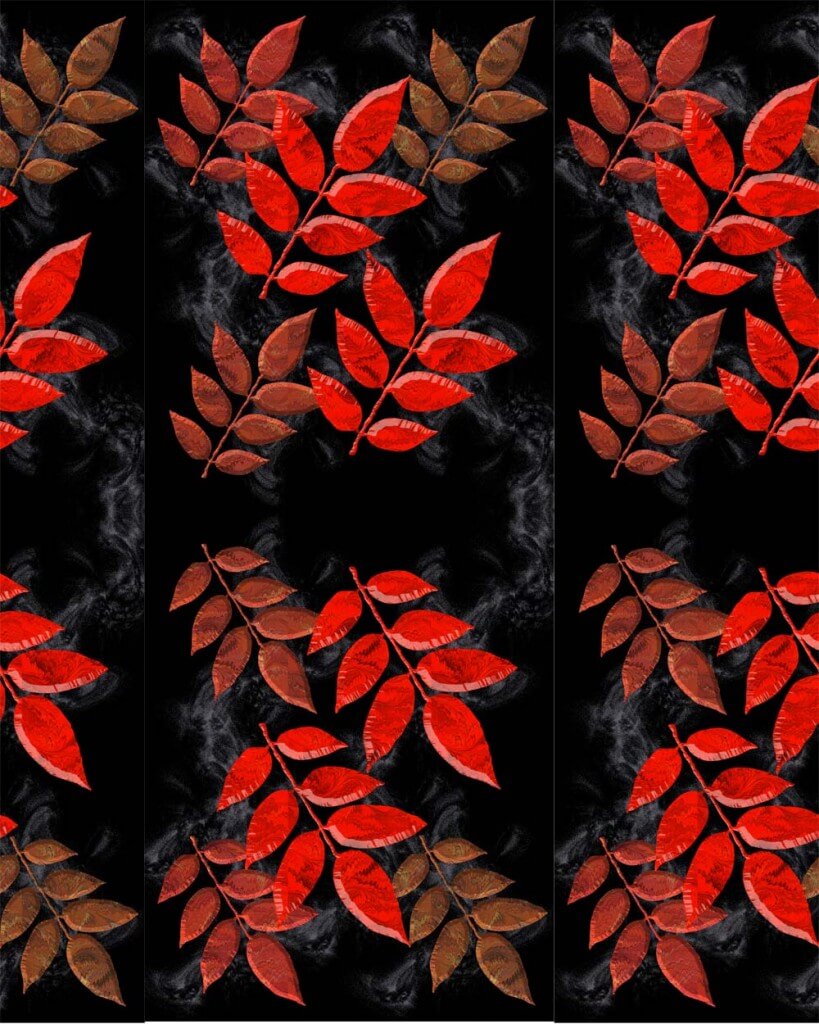Archive for the ‘9/11’ Category
Why Artists Do What They Do
 My morning routine is a very comforting one, as I love staying in touch and surfing the web. Mail, then the local paper, check Google analytics to see my blog numbers, then to Facebook, and then Google Reader. this morning I made it through about four updates on Facebook when I saw a note from a friend of a friend of a friend with a pretty amazing look at the power of music. This is the Welcome Address by Karl Paulnack at The Boston Conservatory. This speaks to the soul of all artists, especially musicians.
My morning routine is a very comforting one, as I love staying in touch and surfing the web. Mail, then the local paper, check Google analytics to see my blog numbers, then to Facebook, and then Google Reader. this morning I made it through about four updates on Facebook when I saw a note from a friend of a friend of a friend with a pretty amazing look at the power of music. This is the Welcome Address by Karl Paulnack at The Boston Conservatory. This speaks to the soul of all artists, especially musicians.
The first couple of sentences grabbed me…..
“One of my parents’ deepest fears, I suspect, is that society would not properly value me as a musician, that I wouldn’t be appreciated. I had very good grades in high school, I was good in science and math, and they imagined that as a doctor or a research chemist or an engineer, I might be more appreciated than I would be as a musician.”
I can remember very early in high school suggesting that I might want to go to art school. That was unacceptable to my parents, as I wouldn’t be able to make a living in art. I think many of our parents felt that way about the fields their children would pursue. In one of my jobs, at a high school in Vermont, I had a brilliant cellist whose parents wanted him to become an engineer. I remember telling him he needed to follow his heart and do what would fulfill him. At my last high school, I saw a brilliant visual artist and all-around outstanding science student (international winner in a major science competition), choose art school rather than Yale. Two sides of a coin.
There’s more to this piece by Paulnack. He talks about some history of the definition of music.
“One of the first cultures to articulate how music really works were the ancient Greeks. And this is going to fascinate you: the Greeks said that music and astronomy were two sides of the same coin. Astronomy was seen as the study of relationships between observable, permanent, external objects, and music was seen as the study of relationships between invisible, internal, hidden objects. Music has a way of finding the big, invisible moving pieces inside our hearts and souls and helping us figure out the position of things inside us.”
I can be awed by the pictures from the Hubble Telescope, but I can cry at the power of music. And I fully agree with his examples of moments in movies where the music is what made the scene. For me, one of my favorites is in Jurassic Park where they first see the dinosaurs. That rise of music fills the soul. And of course, where would the fear of sharks be without those few notes from Jaws? Paulnack talks about music that came from the concentration camps. I saw a great movie a number of years ago about a chorus in a Japanese prison camp. Music saved those women (Paradise Road with Glenn Close)
Paulnack gives his own example of reactions in New York City to September 11.
“The first organized activity that I saw in New York, on the very evening of September 11th, was singing. People sang. People sang around fire houses, people sang “We Shall Overcome”. Lots of people sang America the Beautiful. The first organized public event that I remember was the Brahms Requiem, later that week, at Lincoln Center, with the New York Philharmonic. The first organized public expression of grief, our first communal response to that historic event, was a concert. That was the beginning of a sense that life might go on. The US Military secured the airspace, but recovery was led by the arts, and by music in particular, that very night.”
I urge you to read his complete address. Perhaps you will look at the power of music differently. Perhaps you will look at the arts differently. Listen to what Paulnack says in his last paragraph:
” I expect you not only to master music; I expect you to save the planet. If there is a future wave of wellness on this planet, of harmony, of peace, of an end to war, of mutual understanding, of equality, of fairness, I don’t expect it will come from a government, a military force or a corporation. I no longer even expect it to come from the religions of the world, which together seem to have brought us as much war as they have peace. If there is a future of peace for humankind, if there is to be an understanding of how these invisible, internal things should fit together, I expect it will come from the artists, because that’s what we do. As in the concentration camp and the evening of 9/11, the artists are the ones who might be able to help us with our internal, invisible lives.”